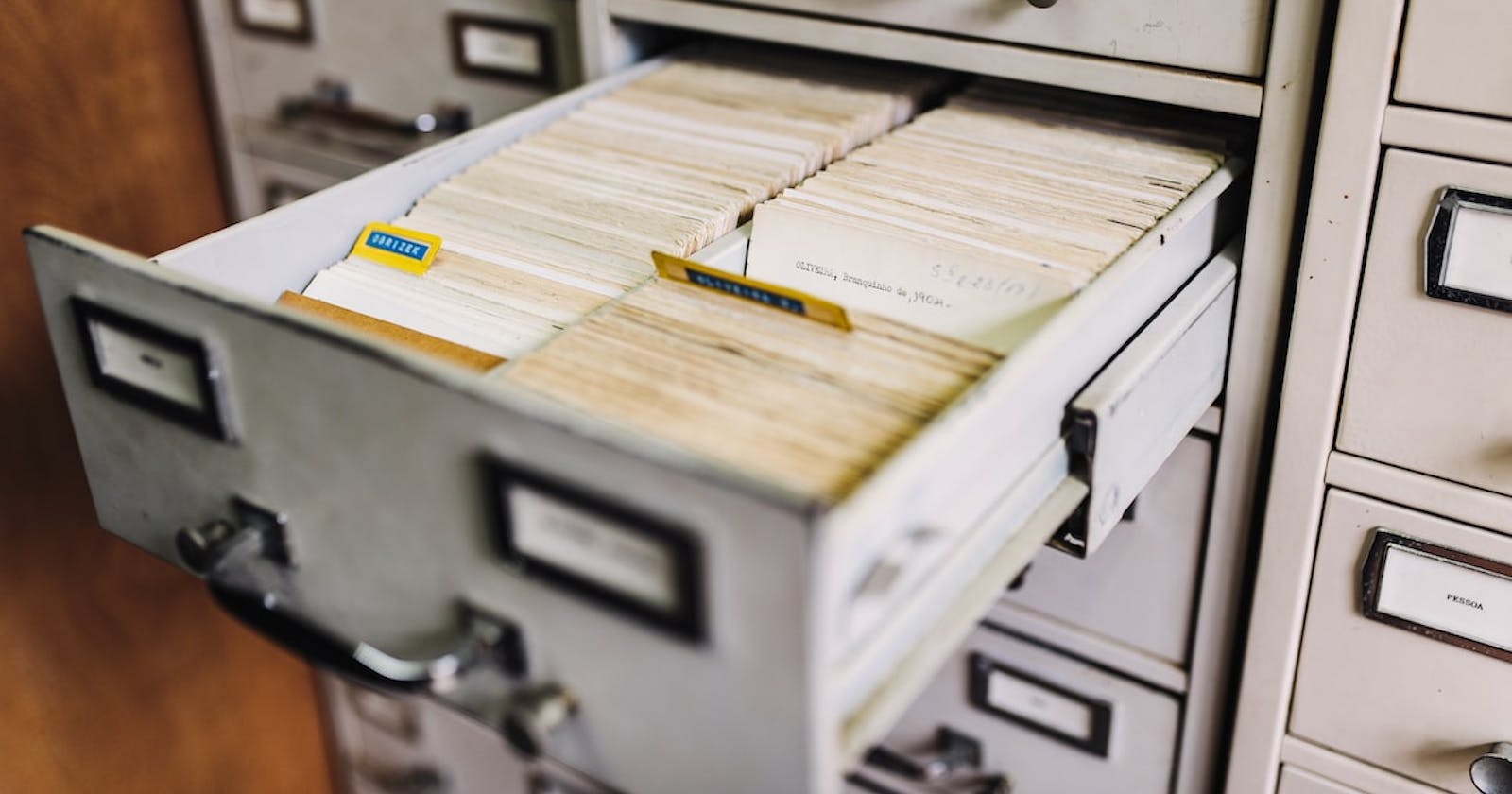What you'll need
- A VPS or any remote server to run Python, pip and wget
- Patience
First things first. Generate a Drive API oAuth Secret from Google API Console. Save it as client_secret.json to your working directory. We'll be needing this later.
Pull file from Dropbox
You might not know, you can download files from Dropbox using wget/curl by appending dl=1 at the end of file URI. So download the file you need to send to Google Drive using wget/curl/aria2c or what tool you prefer. Here is a sample execution.
wget 'https://www.dropbox.com/s/2v2efzgbn8txz6g/HelloWorld.zip?dl=1'
Push to Google Drive
Now it's time to tune up my Python script to upload the downloaded file to Google Drive. It's a simple API caller script, but I modified some so you don't need to explicitly set file title, mimetype etc. Take a look at it. You could save the script as gdrive_upload.py.
from apiclient import errors, discovery
from apiclient.http import MediaFileUpload
import oauth2client
from oauth2client import client
from oauth2client import tools
import os
import httplib2
import sys
import urllib
try:
import argparse
flags = argparse.ArgumentParser(
parents=[tools.argparser]
).parse_args()
except ImportError:
flags = None
SCOPES = 'https://www.googleapis.com/auth/drive'
CLIENT_SECRET_FILE = 'client_secret.json'
APPLICATION_NAME = 'Drive File Uploader'
def get_credentials():
home_dir = os.path.expanduser('~')
credential_dir = os.path.join(home_dir, '.credentials')
if not os.path.exists(credential_dir):
os.makedirs(credential_dir)
credential_path = os.path.join(credential_dir,
'credentials.json')
store = oauth2client.file.Storage(credential_path)
credentials = store.get()
if not credentials or credentials.invalid:
flow = client.flow_from_clientsecrets(
CLIENT_SECRET_FILE, SCOPES)
flow.user_agent = APPLICATION_NAME
if flags:
credentials = tools.run_flow(flow, store, flags)
else: # Needed only for compatibility with Python 2.6
credentials = tools.run(flow, store)
print('Storing credentials to ' + credential_path)
return credentials
def get_mimetype(filename):
import mimetypes
mimetypes.init()
filemimetype, encoding = mimetypes.guess_type(filename)
return filemimetype
def insert_file(service, filename, parent_id=None):
filemimetype = get_mimetype(filename)
media_body = MediaFileUpload(filename,
mimetype=filemimetype,
resumable=True)
body = {'title': filename, 'mimeType': filemimetype}
# Set the parent folder if provided
if parent_id:
body['parents'] = [{'id': parent_id}]
try:
print('Uploading ' + filename)
file = service.files().insert(
body=body,
media_body=media_body).execute()
return file['id']
except errors.HttpError as error:
print('An error occured: %s' % error)
return None
def main():
credentials = get_credentials()
http = credentials.authorize(httplib2.Http())
service = discovery.build('drive', 'v2', http=http)
# FIXME change here
filename = 'HelloWorld.zip'
if not os.path.isfile(filename):
print('`filename` not set or `filename` doesn\'t exists')
exit(1)
fileid = insert_file(service, filename)
if fileid:
print('Upload success, fileid = ' + fileid)
if __name__ == '__main__':
main()
Now do the followings.
- Change
filenamevariable to the path of the file you downloaded earlier - Run
python3 gdrive_upload.py --noauth_local_webserverbecause the VPS might not have Xserver installed and start a browser. - Allow Google Drive Access to your Uploader script, enter the verification code and wait for the file being uploaded!
- Profit!
Quite easy, right?

